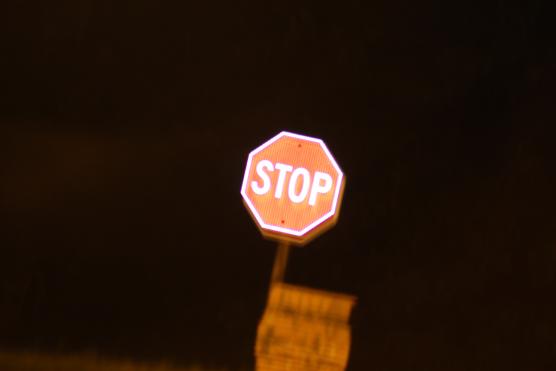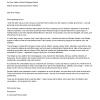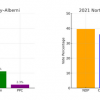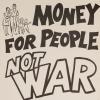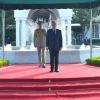Censorship is all around us; in entertainment, books, schools, the internet. Only 31% of Earth’s population live with complete freedom on the internet, and there are dozens of classic books that have been censored in the United States for reasons such as violence, inappropriate language, and sexual content. Regardless of the content, though, in the novel Fahrenheit 451, every book is banned. Because of this, there is no free access to knowledge. History is forgotten, poetry and story left behind. The penalty for owning a book is its immediate destruction. After reading this book, I’ve concluded that censorship hinders people’s ability to think on their own and make decisions for themselves and should not be allowed.
Any censorship by the government on a citizen or their content is a violation of the first amendment, which states that the government can make no law to infringe on the people’s freedom of speech. By monitoring an individual’s writings and videos and removing posts online, this is taking away their free speech. Over 50% of people live in a country where saying the wrong thing can land them in jail. (State) The internet is a place where people go to express themselves, and censoring what people say is revoking unrestricted expression. Additionally, I think that censoring books is just as bad as censoring online information. Books are there for the purpose of learning, entertainment, and enjoyment. In classrooms, these things are being censored and are thus impeding on the education of children. 70% of censorship demands are books in classrooms and libraries because adults are so worried about what children might read from a book during school, a place of learning (NCAC).
Many might say that censorship is what keeps inappropriate content from children. This may be the case, but why should others decide this? Is it not the job of the parents to decide what their kids view? It’s not anyone else’s job to filter what another person’s children see. Moreover, censorship can let the government keep sensitive information from the public, and stop propaganda, or the spreading of lies. Nevertheless, there is no reason the government should be able to make all these decisions without even consulting the citizens. Do the citizens not have a right to know what’s happening? This also removes a person’s full understanding of their environments, making it difficult to make fully educated and informed choices. Of the 823,222 people who requested records under the Freedom of Information Act, 78% received censored files or nothing (Bridis). If the government is keeping track of what information citizens receive, it’d be possible for them to only present biased information that could persuade readers to support their ideology.
I believe the negatives of censorship outweigh the benefits. Presenting select information a person deems suitable for viewing is akin to giving a person just one side of a situation. Censorship diminishes freedom and reduces knowledge. It is unnecessary and harmful because it takes away a person’s ability to make informed decisions. After all, we’ve learned a great lesson from Fahrenheit 451’s Captain Beatty who says, “If you don't want a man unhappy politically, don't give him two sides to a question to worry him; give him one. Better yet, give him none.”
Works Cited
Bradbury, Ray. Fahrenheit 451. 1953.
Bridis, Ted. US sets new record for censoring, withholding, government files. 13 March 2018. <https://www.usatoday.com/story/news/2018/03/13/he-said-citizens-and-othe....
Censorship, National Coalition Against. 30 Censorship and the First Amendment in Schools: A Resource Guide. 9 May 2016. <https://www.webjunction.org/documents/webjunction/Censorship_in_Schools_....
The State of Internet Censorship - Statistics and Trends. 3 September 2016. <https://www.go-globe.hk/blog/state-of-internet-censorship/ >.











